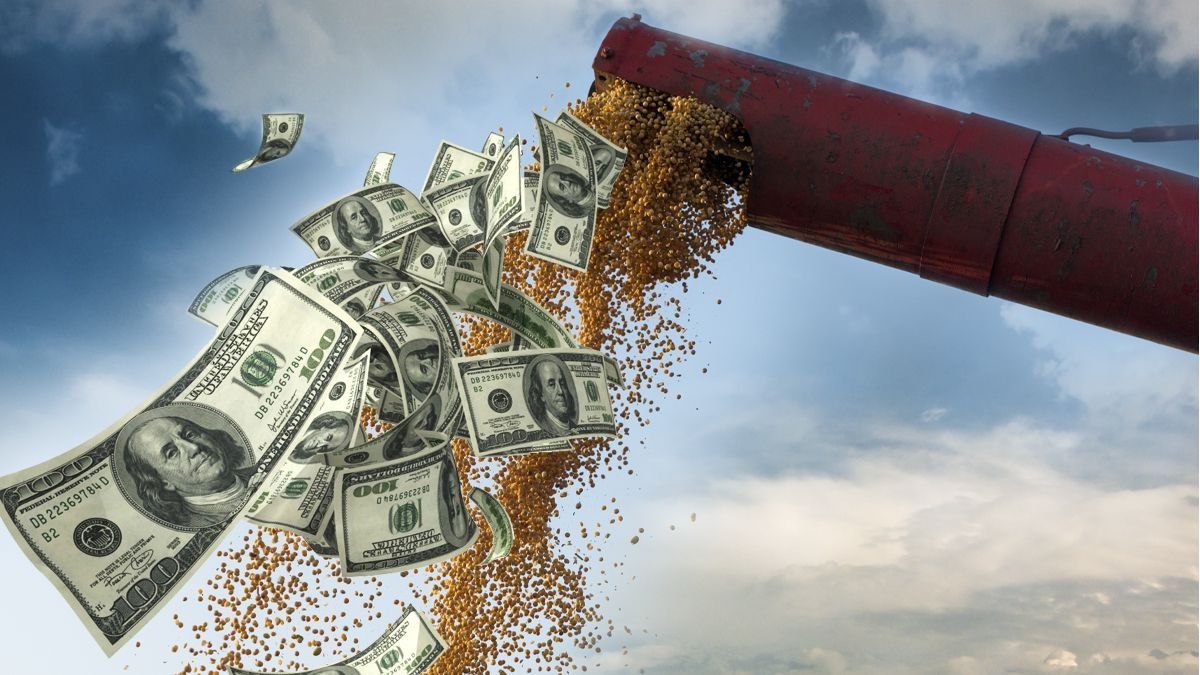“The ‘Massa Plan’ (by Economy Minister Sergio Massa) can be described as an adjustment plan in three speeds: shock, when it is evaluated in the monetary plane, gradualist when we do it in fiscal terms, and procrastinator in the exchange plan”, summarized investment firm Consultatio.
“The facilitator of this temporary inconsistency (…) was the ‘soybean dollar’, in our eyes a Trojan horse that brings with it a farewell to the exchange rate regime as we know it and heralds a more formal and broader split“”, he pointed.
“The main weakness that the current macroeconomic scheme is showing is the level of net reserves (…), real firepower that the monetary authority has to operate the exchange market and avoid the worst scenario that the Government has in mind, which is an abrupt jump in the exchange rate, “he said santiago manukianEcolatina economist.
“The upward trend in financial dollars is based on the demand for coverage of the soybean complex, inflation that would remain around 7% in September, the greater restrictions on access to the official dollar and the great volatility of world markets”, synthesized the consulting firm Delphos Investment.
“The dollar (for soybeans) at 200 pesos until the end of September, the beginning of the sowing of summer crops, international prices with a downward outlook, plus other measures taken by the Government, exerted their effect on the marketing decision and ( so that) sales of soybeans accelerated remarkably in recent weeks,” the Mediterranean Foundation said in its conjuncture report.
“Increasing exportable quantities is a difficult goal with changing rules of the game” like those of Argentina, synthesized ABC Exchange Markets in your weekly report.
“Operators evaluate the progress of the settlements in the ‘soybean dollar’, after the latest (exchange) measures, and the speed of the ‘crawling-peg’, since reinforcing the reserves (of the BCRA) continues to be a priority in the current context in search of regaining greater calm,” said the consultancy firm Estudio Ber.
“If you have to have a ‘soy dollar’, a ‘Qatar dollar’, a ‘savings dollar’, a ‘stock dollar’, an ‘oil dollar’, etc., what you are admitting is not having a national currency“said the analyst Christian Butler. “Without reference prices, with constant issuance, with inflation above 90%, most will adjust for the higher dollar and you will have another inflationary jump without the truth of the exchange rate,” he said.
“Considering the international demand situation -affected by a possible recession in developed countries and in China- together with the trend of higher rate hikes, we believe that it is attractive to liquidate the soybean harvest during this month,” said the settlement agent and Neix compensation.
“The high inflationary expectations (close to 100% by 2022) continue to affect the demand for assets that adjust for CER (inflation). Longer-duration CER bonds, such as ‘TX26’ and ‘TX28’ posted a return of close to 5% in the (last) week, while bonds maturing in 2024 were 4%“, said Paula Gandarahead of the portfolio management area of Adcap Asset Management.
“There is a lot of talk about a stabilization plan, but in this situation it is complex. There are issues under study within the economic team, but not with a finished and agreed idea. Measures are being taken with the aim of slowing down inflation“, said Agustin D’Attellisdirector of the BCRA, who announced that September will have inflation in line with July (7.4%) and August (7%).
“Dazzling month for Argentina, especially for the increase in reserves, one of the main objectives regarding what was agreed with the IMF, despite the collateral effects on the monetary base (…) After the (political) approval review with the IMF, the support obtained from the United States and the increase in investments in our country from the main US companies were not enough to appease the (alternative) exchange rate,” said Ayelen Romero, executive of Stock Rava.
The news “that Argentina will receive the next tranche of its agreement with the IMF has caused short-term debt risks to be reduced. But the Fund has not yet addressed the overvalued exchange rate, which could become a problem later.said a report from Capital Economics.
“Local uncertainty is so high that there is only a formal need to make forecasts with decimals on the evolution of economic variables in a year,” reported VaTnet Research.
“Meanwhile, the authorities hope to speed up domestic financing with positive real rates and new swaps. The recent measures shifted the potential financial stress to November onwards,” he added.
Source: Ambito
David William is a talented author who has made a name for himself in the world of writing. He is a professional author who writes on a wide range of topics, from general interest to opinion news. David is currently working as a writer at 24 hours worlds where he brings his unique perspective and in-depth research to his articles, making them both informative and engaging.




